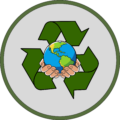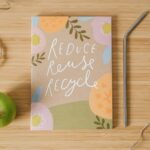Water is one of the most precious resources on our planet. It is vital for our survival and the health of our ecosystems. However, water scarcity is becoming an increasing concern due to population growth, climate change, and pollution. How do you conserve water at home? This blog will help you save money, preserve resources, and protect the environment.
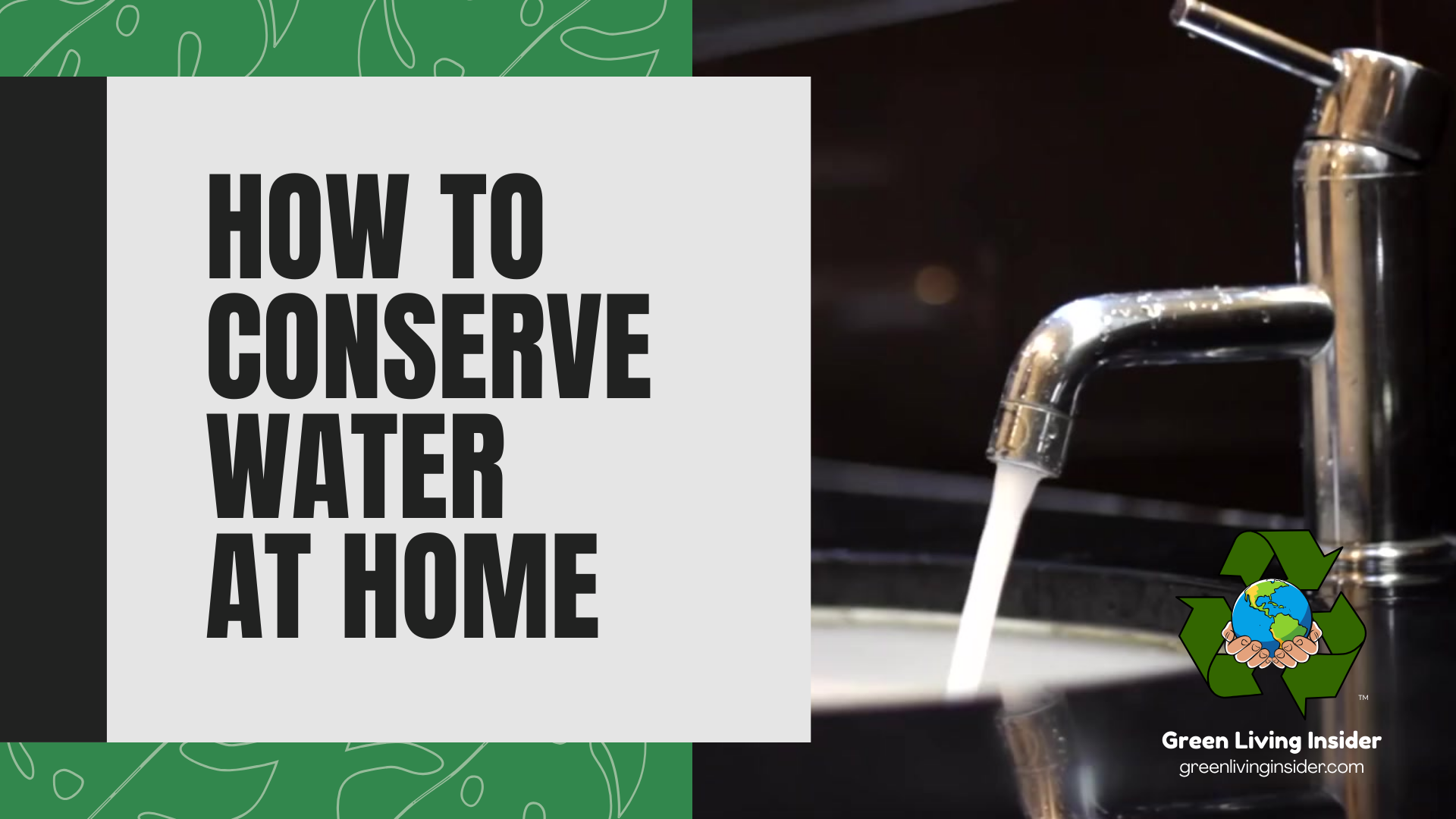
Conserving Water In the Home
Inside the home, there are a few steps you can take.
Fix Leaks and Install Water-Saving Fixtures
One of the easiest ways to conserve water is by addressing leaks in your home. A small drip from a faucet can waste gallons of water each day, while a leaking toilet can waste even more. Regularly inspect your faucets, showerheads, and toilets for leaks and repair them promptly.
In addition to fixing leaks, consider installing water-saving fixtures, such as low-flow showerheads and faucet aerators. These devices can significantly reduce water consumption without sacrificing comfort or performance. Opt for a dual-flush or low-flow toilet to conserve water with each flush.
Be Mindful of Your Water Usage
Many people unknowingly waste water through everyday habits. Simple changes in your daily routine can lead to significant water savings. For example:
- Turn off the faucet while brushing your teeth or shaving.
- Limit shower times to 5-10 minutes and use a water-saving showerhead.
- Fill your sink with water to wash dishes, rather than running the faucet continuously.
- Only run the dishwasher and washing machine with full loads.
We recommend a smart water monitor like the highly-rated Flo by Moen to monitor your water usage more closely. Just make sure to purchase the correct one for your pipe size.

Learns your home’s water usage patterns to identify abnormalities like running water or small leaks.
Invest in Water-Efficient Appliances
Upgrading to water-efficient appliances can conserve water at home and reduce your utility bills. Look for appliances with the EPA’s WaterSense label or ENERGY STAR certification, which signifies they meet strict water efficiency standards. Examples of water-efficient appliances include:
- High-efficiency washing machines that use less water per load
- Dishwashers with soil sensors that adjust water usage based on the dirtiness of the dishes
- Smart irrigation controllers that adjust watering schedules based on weather and soil conditions
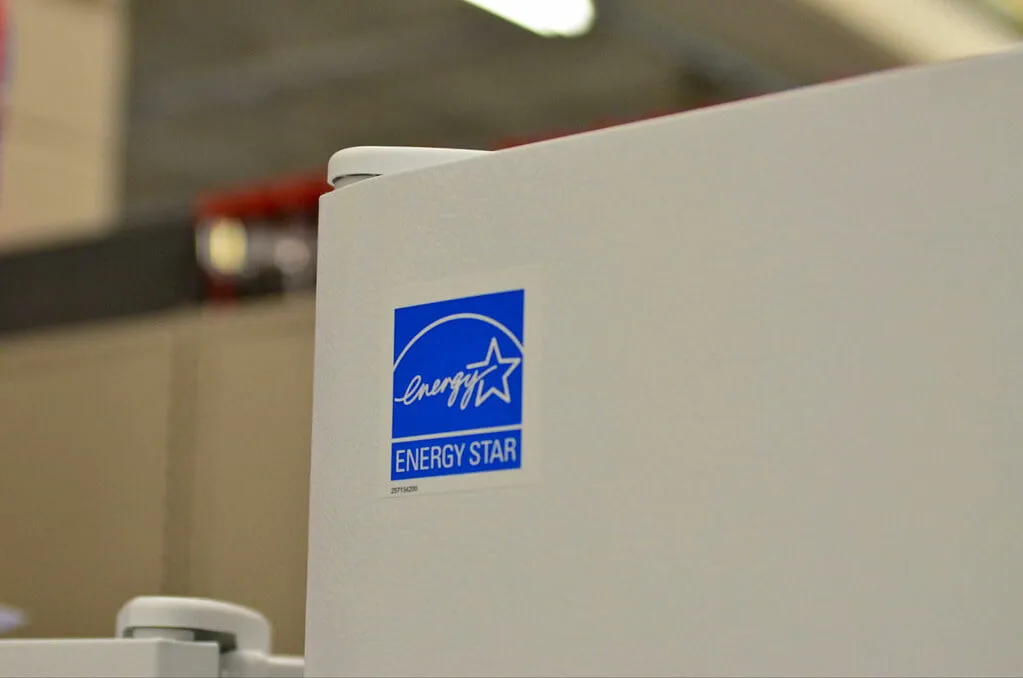
Conserving Water Outside the Home
We now move outside the home for even more tips.
Collect and Reuse Water
Collecting and reusing water is another effective way to conserve water at home. Here are some ideas for capturing and reusing water in your home:
- Place a bucket in the shower to catch excess water while you wait for it to warm up. Use this water to flush toilets, water plants, or wash your car.
- Install a rain barrel to collect rainwater from your roof. Use this water for outdoor tasks, such as your garden or lawn.
- You can reuse water from cooking, like boiling pasta or vegetables, for watering plants. Just make sure to let the water cool down first.
Landscape Wisely
A significant portion of household water use goes toward outdoor irrigation. To reduce your water consumption, consider implementing these landscaping strategies:
- Choose native plants adapted to your local climate that require less water to thrive.
- Plant drought-tolerant grass species or consider alternatives to traditional lawns, such as ground cover, mulch, or hardscaping.
- Group plants with similar water needs together to make watering more efficient.
- Use mulch around your plants to help retain moisture and reduce evaporation.
Practice Efficient Irrigation
When it comes to watering your garden or lawn, it’s essential to practice efficient irrigation methods to minimize water waste:
- Water your plants in the early morning or late evening to reduce evaporation.
- Use drip irrigation systems or soaker hoses to deliver water directly to the roots of your plants, minimizing evaporation and runoff.
- Regularly check your irrigation system for leaks, clogs, or broken sprinkler heads.
- Install a rain or moisture sensor to prevent unnecessary watering during or after rainfall.
Consider Installing a Greywater System
Greywater is wastewater from sinks, showers, and washing machines, which can be safely reused for landscape irrigation or toilet flushing. Installing a greywater system in your home can save significant water and reduce your reliance on potable water for non-drinking purposes. Consult a professional to determine if a greywater system suits your property and complies with local regulations and guidelines.
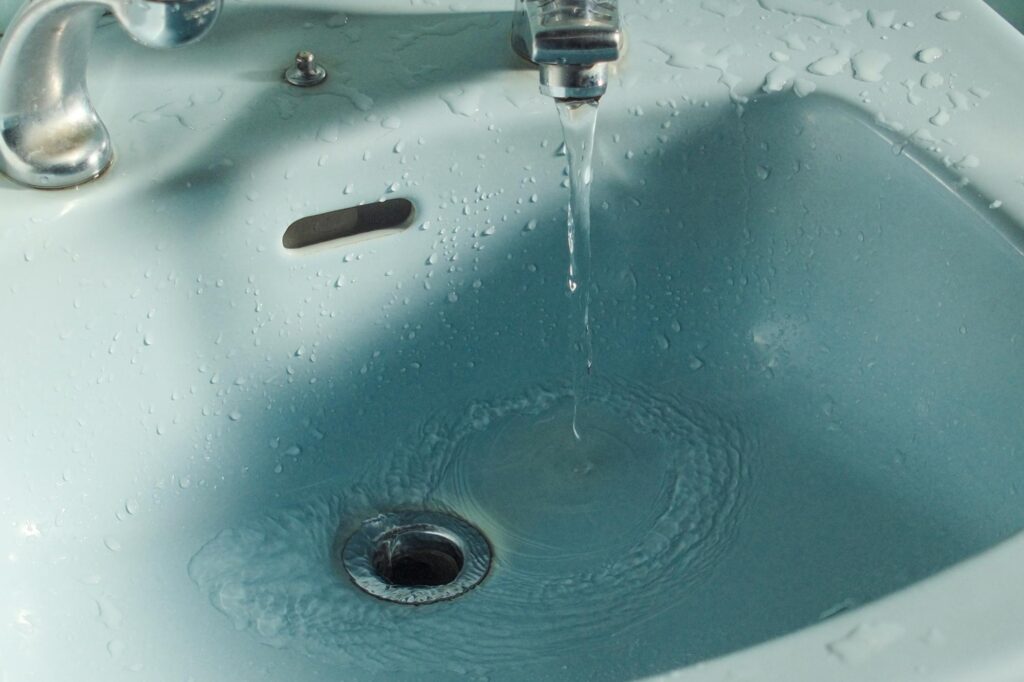
Conserving Water In The Community
Conserving on your own doesn’t do much good. Make it a community thing!
Educate Yourself and Others
Raising awareness about water conservation is key to making a collective impact. Educate yourself on water-saving strategies and share your knowledge with friends, family, and community. By spreading the word, you can inspire others to take action and contribute to a more water-conscious society. Consider organizing workshops or presentations at local schools, community centers, or neighborhood gatherings.
Encourage Water Conservation Initiatives in Your Community
Advocate for water conservation initiatives in your community, such as water-saving rebate programs, drought-tolerant landscaping incentives, or educational campaigns. Collaborate with local organizations, government agencies, and businesses to promote water conservation and develop strategies for sustainable water management.
Stay Informed About Water Issues
Stay informed about local and global water issues, such as water scarcity, pollution, and climate change. Understanding our planet’s challenges can motivate you to take action and advocate for sustainable water management policies and practices. Follow reputable news sources, organizations, and experts to stay updated on the latest water-related developments.
Conserving Water in the Home is Important!
Water is essential for preserving our planet’s resources and ecosystems, reducing utility bills, and conserving energy. By implementing these tips, you can contribute to a more sustainable future. Remember, every drop counts; your efforts to conserve water at home can make a significant difference.

